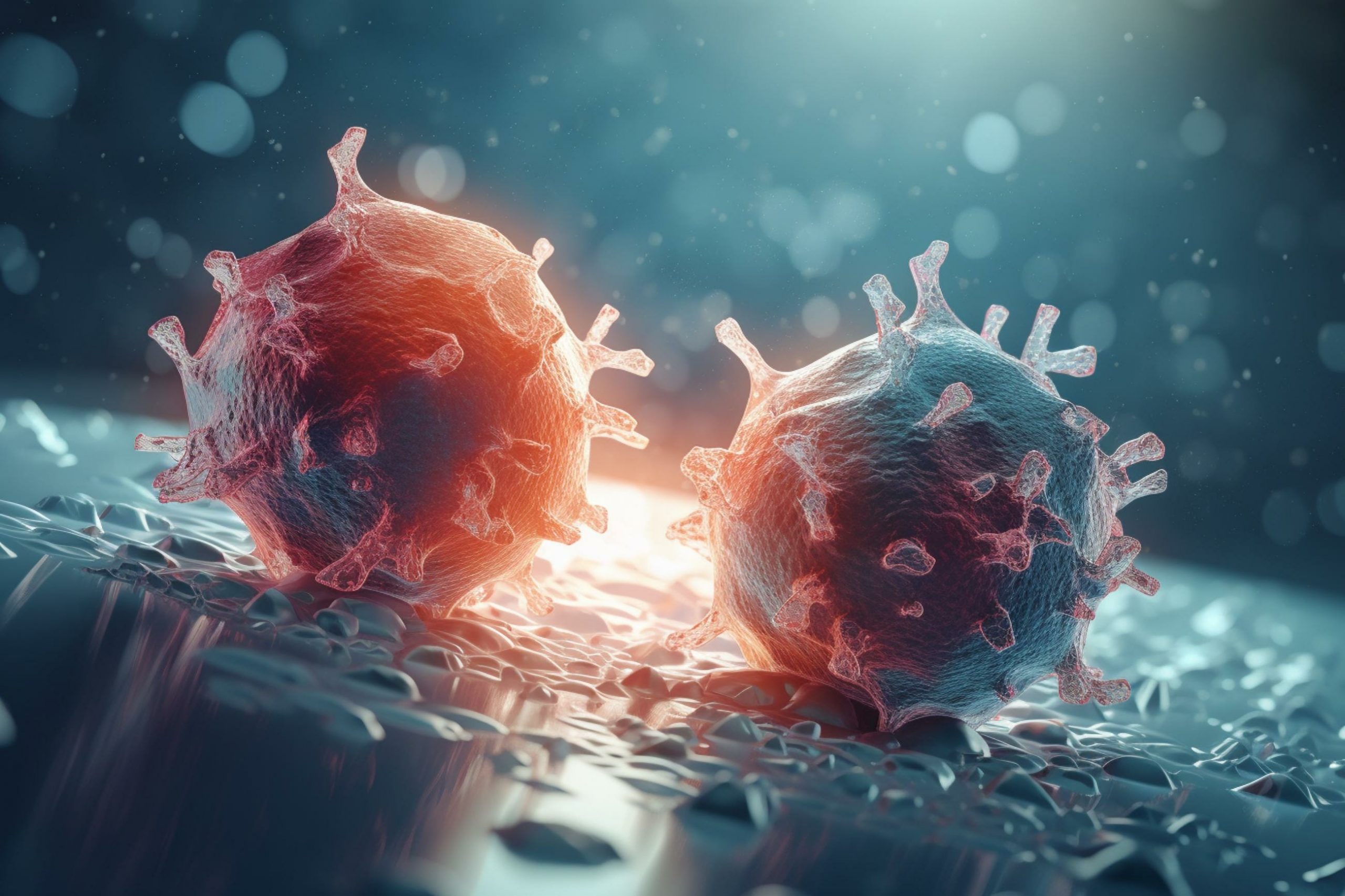Exploring Gamma Delta T-cells in cancer cell elimination
A team of researchers from SciLifelab, KTH (Royal Institute of Technology), and KI (Karolinska Institutet) have studied the interaction between a particular type of immune cells and cancer cells. Using self-developed methods, they have investigated the mechanisms at work when tumor cells are killed by the immune cells, managing to track the process in detail.
Immune cells of the type Gamma Delta T-cells contribute to the body’s defense in several ways. For instance, it has been known that these cells respond to pathogens that cause tuberculosis and malaria in humans. In addition to this defense capability, it has been scientifically proven that Gamma Delta T-cells can tackle various types of tumors, killing these cells. However, the ability to eliminate infected or malignant cells has been hard to assess.
“Our study shows that almost all Gamma Delta T-cells have the individual potential to kill tumor cells. To do this, we mix individual Gamma Delta T-cells with some tumor cells in micro-wells on a chip, which we then image in a sequence,” says Patrick Sandoz, researcher at SciLifeLab and the Department of Biophysics at KTH.
Researchers can follow how the cells interact with each other. It’s possible to track the movements of different cells and describe in detail how the Gamma Delta T-cells kill the tumor cells.
“After activation, the Gamma Delta T-cells build a large arsenal of lytic molecules to attack the tumor cells. We also show that this potential is only effective within a short window of a few days,” says Kyra Kuhnigk, part of the Önfelt group at SciLifeLab and a doctoral student at the Center for Infectious Medicine at Karolinska Institutet.
Gamma Delta T-cells also separate the lytic molecules into different compartments, preventing them from killing many tumor cells in a sequence.
“Together, our results fill a gap in the basic knowledge needed to understand how to better utilize these cells for treatment,” says Björn Önfelt, SciLifeLab group leader and professor at the Department of Biophysics at KTH.





